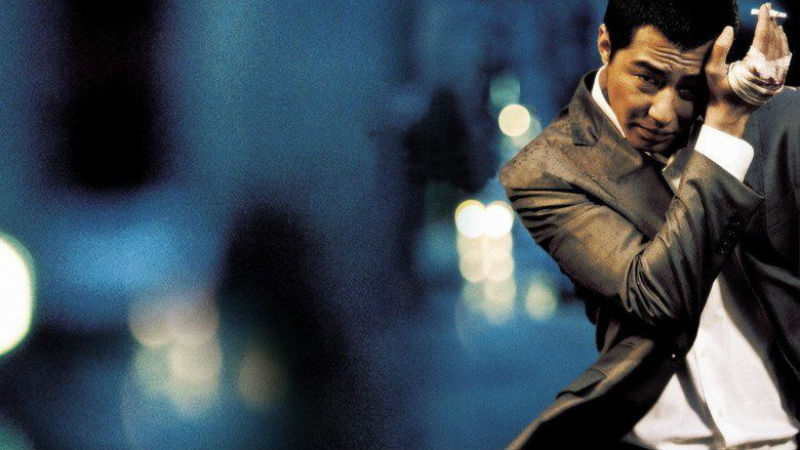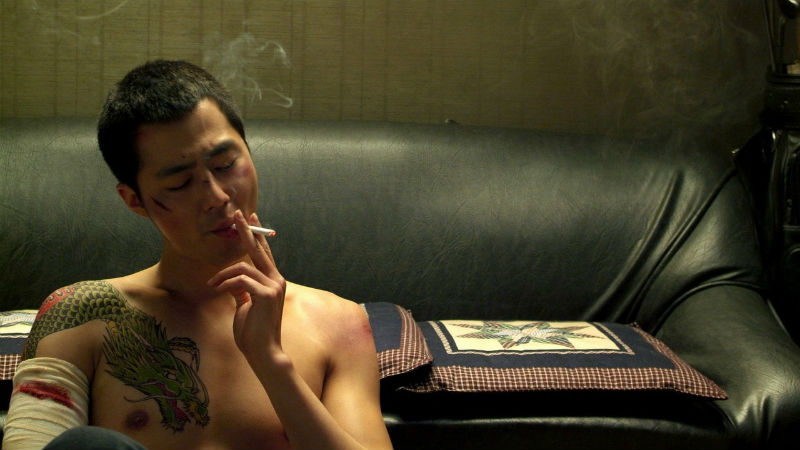Martin Scorsese’s masterpiece, starring Robert De Niro, Ray Liotta, and Joe Pesci, turned 30 just last year. The film seemed far removed from all the glory and pomp of Godfather (1971). Goodfellas portrays a real story, in palpable language, with mobsters walking around the movie sets and telling how to act for real. It was a hit amongst audiences and critics alike, and it is widely considered one of the greatest gangster movies of all time.
Goodfellas showed the cruelty of mob life in a very realistic fashion. It also helped to popularise the gambling environment. There are abundant casinos and gambling spaces, and this is where most of the real action takes place. With the advent of the internet, online gambling has also come to life for casino fans, and many of them are available on very user-friendly platforms. Goodfellas might have a long-lasting impact in more ways than one: it could help to legalise gambling in certain American states. Sites such as OLBG.com then came to life as a community for tipsters but also as a trusted source for finding legal casinos.
.
It all started with a book
When Martin Scorsese read a review of Nicholas Pileggi’s Wiseguy book, he had an insight into the story’s potential even before reading the book. But the film director probably didn’t imagine that this would be the start of one of the most acclaimed mafia productions ever made. Goodfellas is still as exciting to watch as it was three decades ago, skilfully blending drama with documentary devices.
The story in the book is told from from the point-of-view of one of the gangsters, Henry Hill. Scorsese cast Ray Liotta as lead: Ray Liotta. The director remained its primary source: with free narrative and a “ wonderful arrogance,” as the director himself once said. “It would be a fascinating film if you made it the way it is: literally as close to reality as a fiction film could come. There is no need to falsely cultivate empathy for characters,” Scorsese declared in an interview with Film Comment in 1990.
Scorsese’s main interest in the story and his concern when producing the film is to portray the mafia lifestyle as faithfully as possible, especially by entering the minds of characters who didn’t know how to live any other way. “I was interested in what they did. And, you know, they don’t think about it much.” The director proposed to portray the characters’ actions and intentions in the most practical and primitive way possible. “I’m more concerned with showing a lifestyle and using Henry Hill (Ray Liotta) as a guide.”
.
The true story
The real-life mobster Henry Hill participated in the production and praised the film. Sometimes movies play dirty. After Goodfellas‘ debut and subsequent success, Henry Hill told everyone his true identity despite being in a Witness Protection Program. It didn’t take long for the government to expel him from the Program. In 2012, Hill died of a heart attack at age 69. He was reportedly surprised that nobody managed to murder him.
The famous line “How am I funny? Funny how…? originated from an interaction between Joe Pesci and a real Italian mobster. When he was young, Joe Pesci worked at a restaurant and counted various mobsters amongst his clients. The film cast are genuinely surprised at the unexpected line. The character Fat Tony is played by NYPD officer Louis Eppolito, who grew up in an actual mob family.
Nicholas Pileggi interacted with many real mobsters of the time. Wiseguy is a non-fiction book based on such encounters. He also co-wrote the movie screenplay.










